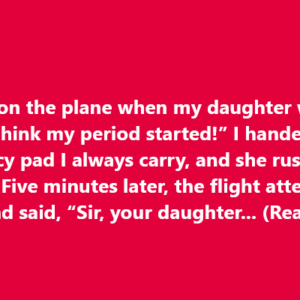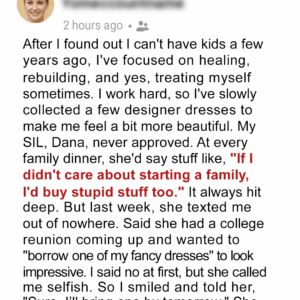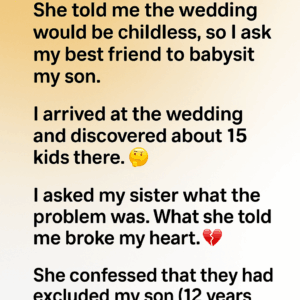Leah was preparing for one of the happiest days of her life—her wedding—when tragedy struck her family. Just six days before the ceremony, her sister lost both her husband and young son in a devastating accident. Overwhelmed by grief, her sister asked Leah to cancel the wedding. But Leah, torn between compassion and practicality, decided to go through with it, believing she couldn’t sacrifice the day she had planned for so long.
The choice deeply hurt her sister, who felt abandoned during the darkest moment of her life. While Leah celebrated her marriage, her sister was grieving the loss of her family, and their relationship fractured under the weight of those decisions. Many people felt Leah should have postponed, even at great financial cost, to honor her nephew and brother-in-law’s memory and to stand by her sister.
In hindsight, advice poured in from others: Leah could have acknowledged her sister’s pain more openly, postponed the reception, or organized a memorial in place of the celebration. Instead, her decision left her looking selfish in the eyes of both family and outsiders, creating a wound that simple apologies could not heal.
For Leah, the wedding became a day marked by joy and regret in equal measure. Reconciliation now depends on her ability to show long-term support for her grieving sister, seek understanding through honest conversation, and prove that family comes first even after mistakes. The tragedy highlighted how grief, empathy, and timing can test even the strongest bonds.





